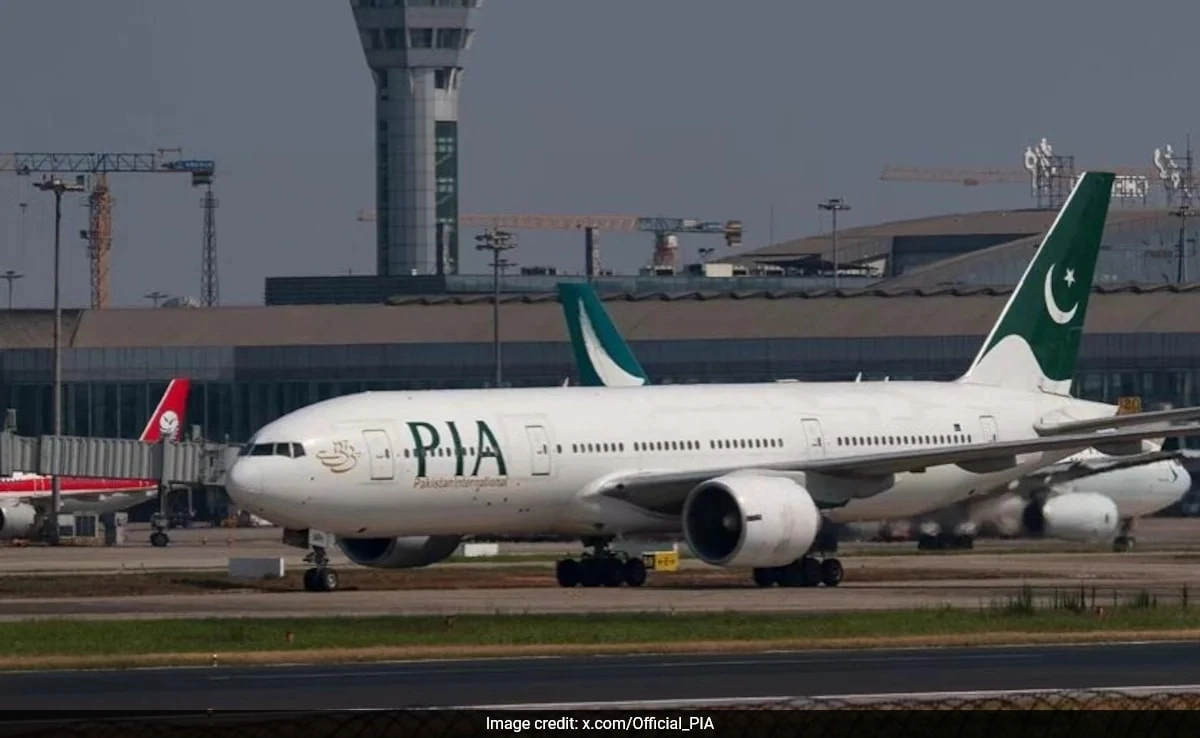The recent discovery of a missing girl on a train traveling between Delhi and Bihar has sparked significant attention and concern, especially regarding the potential international implications of her case. Reports indicate that the girl, who had been missing for several days, was found in a vulnerable state on the train. What initially seemed to be a local issue has taken on a more complex dimension due to the connection that has emerged with Pakistan. Authorities have been scrambling to piece together the circumstances that led to her disappearance and subsequent appearance on the train, raising questions about trafficking and cross-border criminal activities.
Investigations are now focusing on the girl’s background and the series of events that transpired leading up to her departure from home. As details emerge, law enforcement agencies are working closely with their counterparts across borders to trace any potential links to organized crime networks that operate between India and Pakistan. The geographical proximity and the porous nature of the border in some areas make it easier for such networks to thrive, complicating efforts to ensure the safety and well-being of vulnerable individuals, especially minors.
The implications of this case extend beyond just the individual girl’s plight; they highlight the broader issues of child safety and trafficking in South Asia. Activists and child welfare organizations are urging governments to strengthen their efforts to combat human trafficking and improve protective measures for children. The involvement of international elements in this case brings further urgency to the need for enhanced collaboration between countries in the region to address these pressing concerns. As the investigation unfolds, the hope is that not only will the girl receive the necessary support and care, but that her case will serve as a catalyst for change in the fight against human trafficking in the region.




